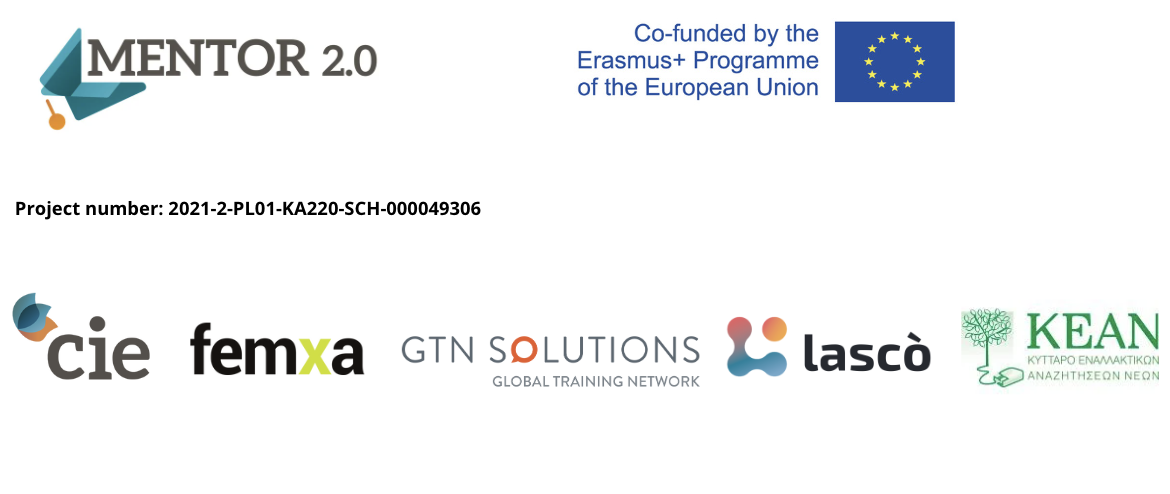Join us for a transformative conference that unveils critical aspects of youth well-being and education. Our three dynamic panels will explore the shadows of youth mental health, unravel practices for fostering inclusive school environments, and navigate the impact of AI in education. Gain profound insights, learn concrete practices, and envision a future where innovation and understanding converge to empower young minds.
Three Key Themes:
“Unveiling the Shadows of Youth Mental Health”: This conference panel discussion will unravel the intricate dynamics of youth mental health, spotlighting anxiety and depression as pivotal players in the evolving narrative of the 15–29 age group. Drawing from the latest research findings, including insights from the State of the World’s Children 2021 report by UNICEF, the session will shed light on the intensified challenges posed by social isolation, disrupted education, and limited job opportunities during the ongoing COVID-19 pandemic. Attendees will gain a deeper understanding of the mental health landscape, as 16.3% of European youth grapple with disorders such as depression, anxiety, eating disorders, and attention-deficit hyperactivity disorder—a statistic surpassing the global average. While suicide remains a significant concern, the panel will navigate the delicate balance between addressing suicide prevention and tackling more prevalent issues like anxiety and depression. Recent helpline data analysis from multiple European countries during the pandemic will be presented, emphasizing the surge in calls predominantly related to feelings of anxiety and loneliness, redirecting the focus toward a comprehensive approach to youth mental well-being. What is the role of the EU Youth Strategy implemented in 2019-2027and the European Youth Goal 5 on Mental Health & Well-being?
“Nurturing Minds, Fostering Belonging — Unveiling Practices for Inclusive School Environments”: Inclusion in the school environment refers to the practice of providing all students, regardless of their abilities or differences, with equitable access to education. Creating an inclusive school environment has been shown to positively impact the mental well-being of children and youth. Inclusion acknowledges and addresses diverse learning needs, ensuring that all students receive an education tailored to their abilities (Booth, T., & Ainscow, M. 2011 Index for Inclusion: Developing learning and participation in schools). Inclusive education also fosters positive teacher-student relationships, which are crucial for students’ emotional well-being and positive school experience (Pijl, S. J., Frostad, P., & Taljard, C. 2015 Inclusive education and classroom practices). These and other references collectively support the idea that inclusion in the school environment fosters a sense of belonging, reducing stigma, enhancing social and emotional development, building empathy, improving academic achievement, encouraging positive teacher-student relationships, and addressing diverse learning needs. What are concrete practices we can learn from?
“Future Frontiers: Navigating the Impact of AI in Education”: As Artificial Intelligence (AI) continues to advance at an unprecedented pace, its integration into educational settings raises profound questions and opportunities. This panel will delve into the multifaceted impact of AI on the school environment, exploring the transformative potential, ethical considerations, and practical implications. From personalized learning experiences to challenges in mental health, equity and ethical AI adoption, our experts will share insights, discuss current trends, and envision the evolving landscape where human intelligence and artificial intelligence intersect in the realm of education. We’ll deepen the understanding of the impact of AI on the school environment including adaptive learning systems (as defined in “Artificial Intelligence and Machine Learning in Education” by Rodney H. Jones and Christoph A. Hafner) and the implications for everyday work of educators and students.
These themes aim to spark thoughtful discussions and insights from the panellists and the audience, encouraging a comprehensive exploration of the interconnections, inspiring innovative ideas and fostering collaboration to create healthy schools environments while harnessing the potential of digital learning.


